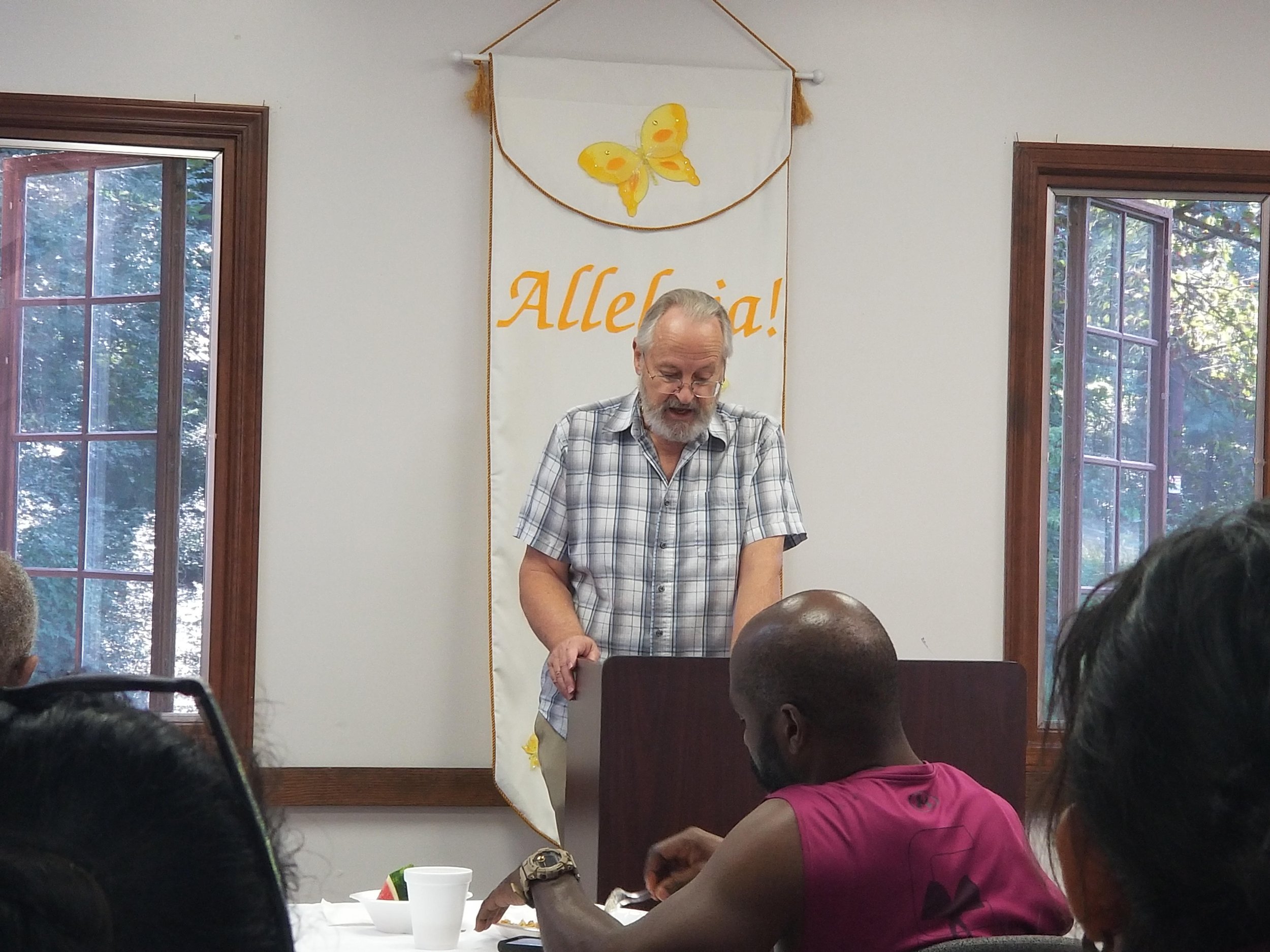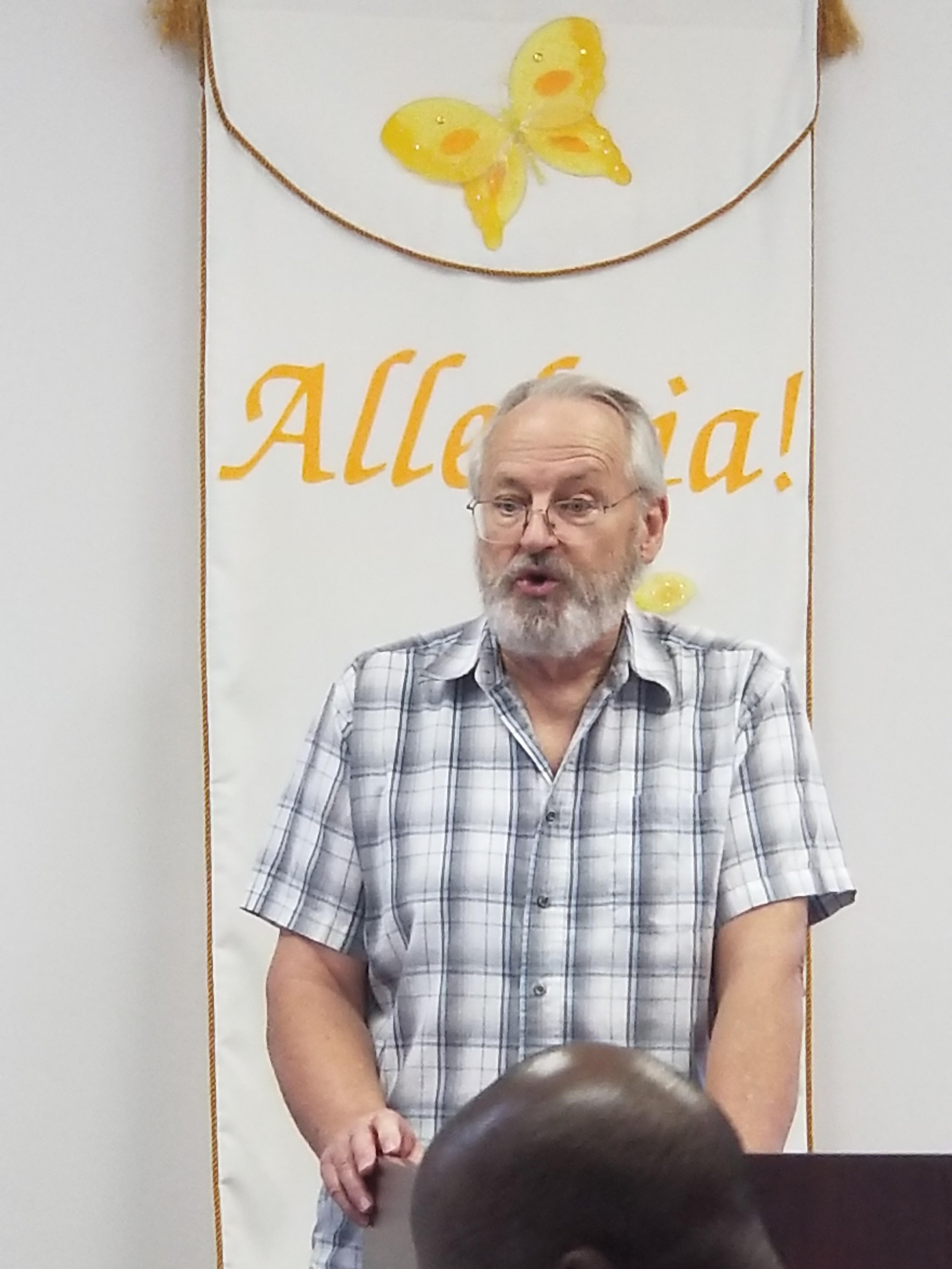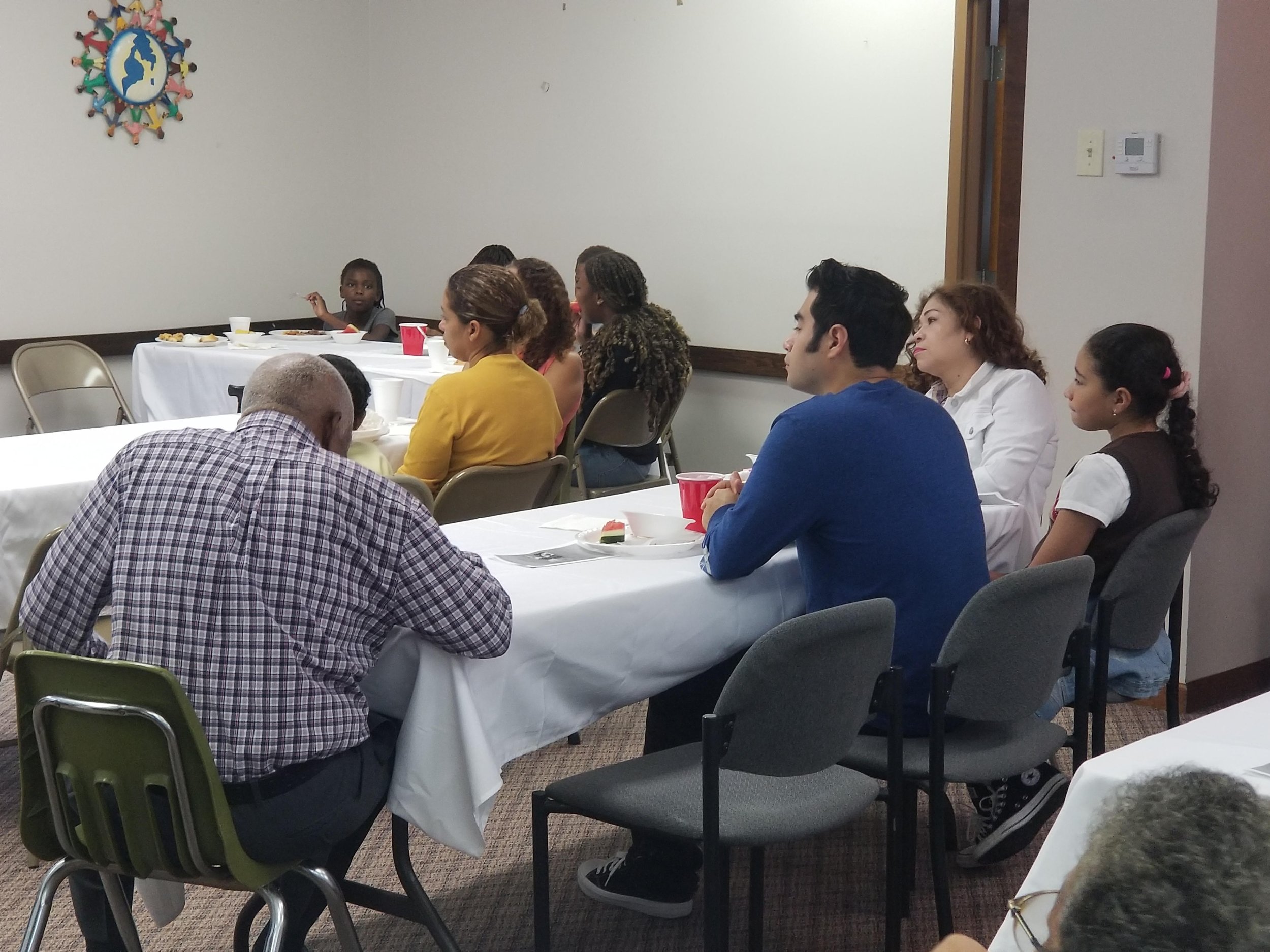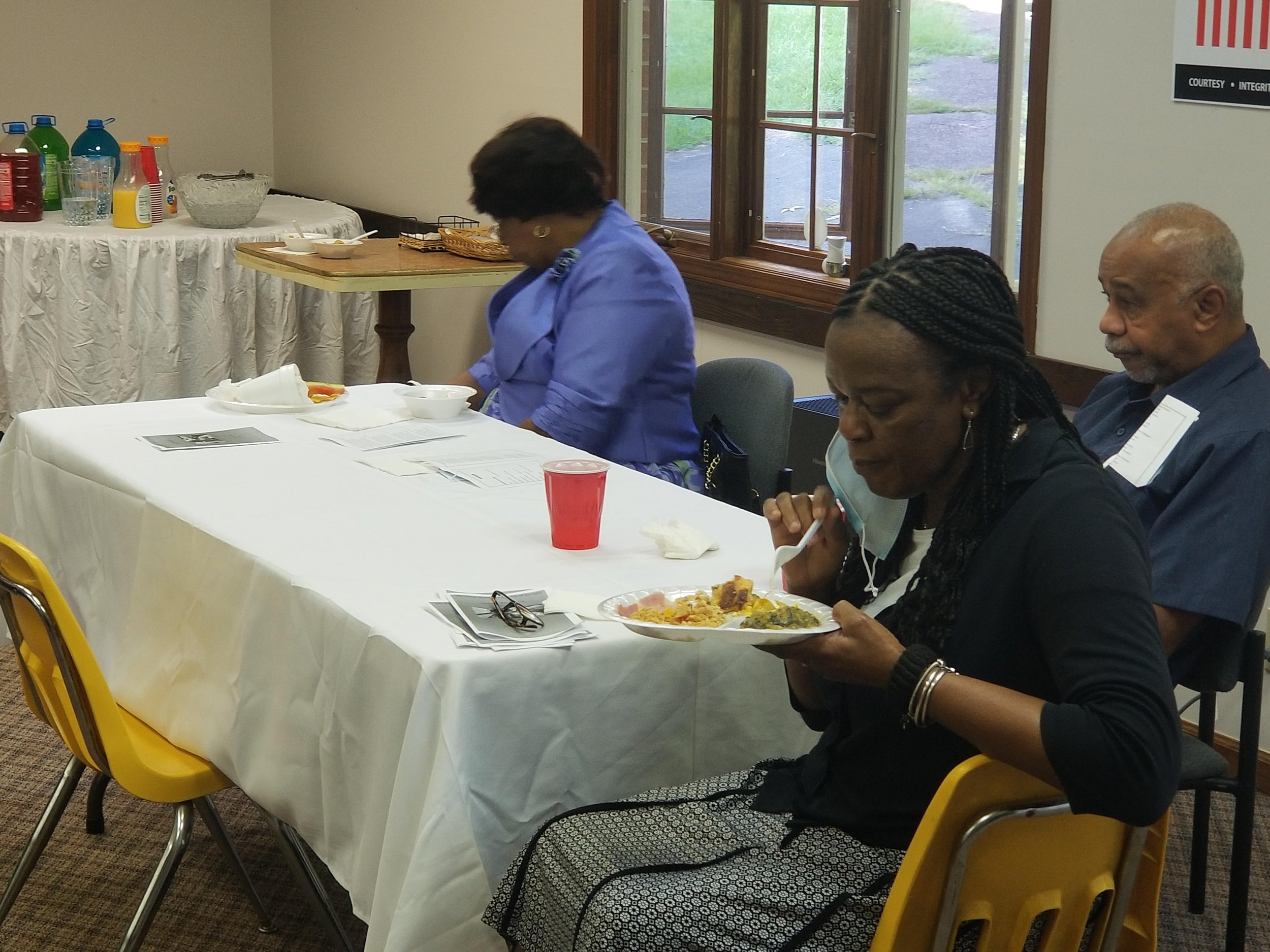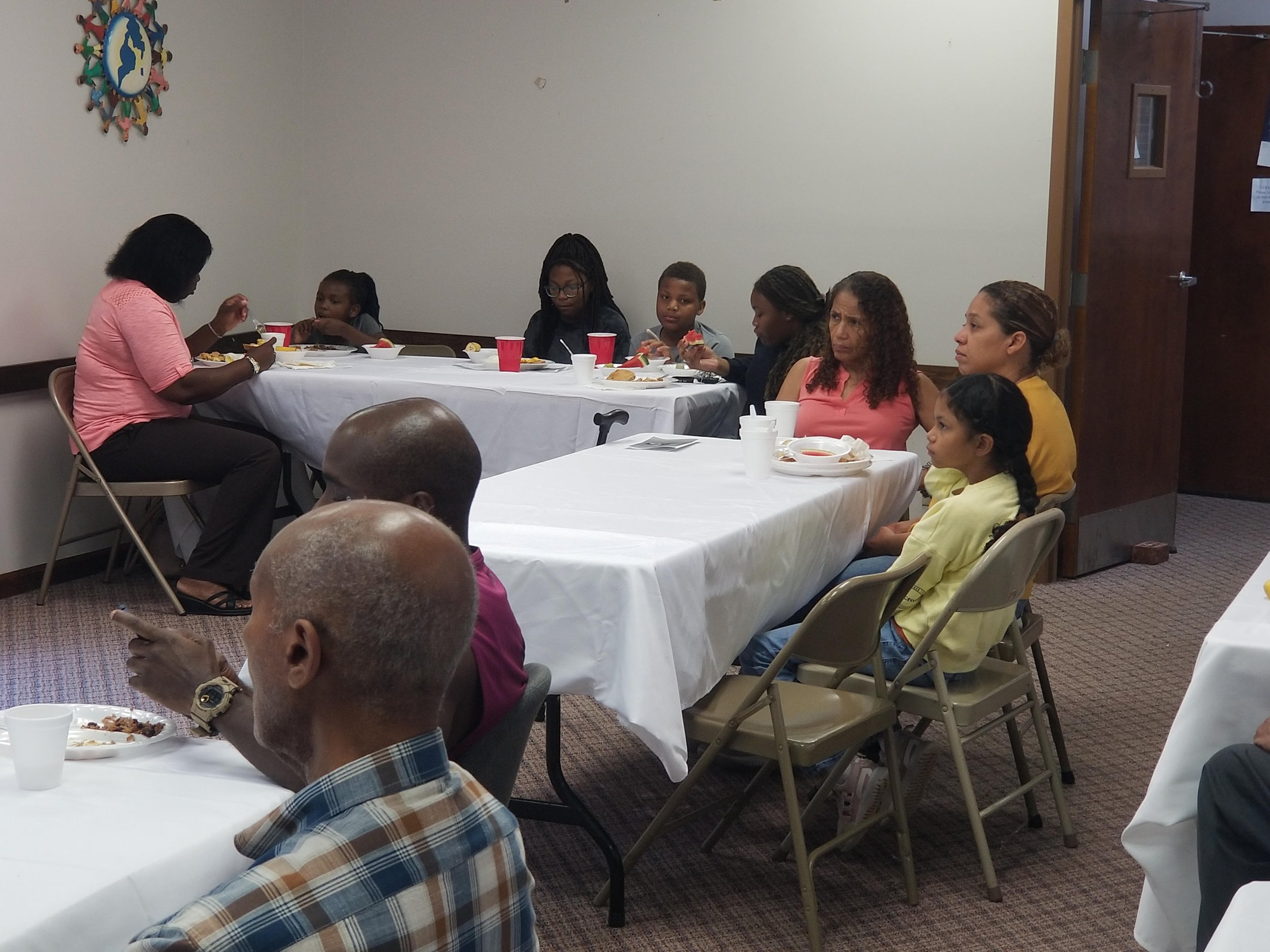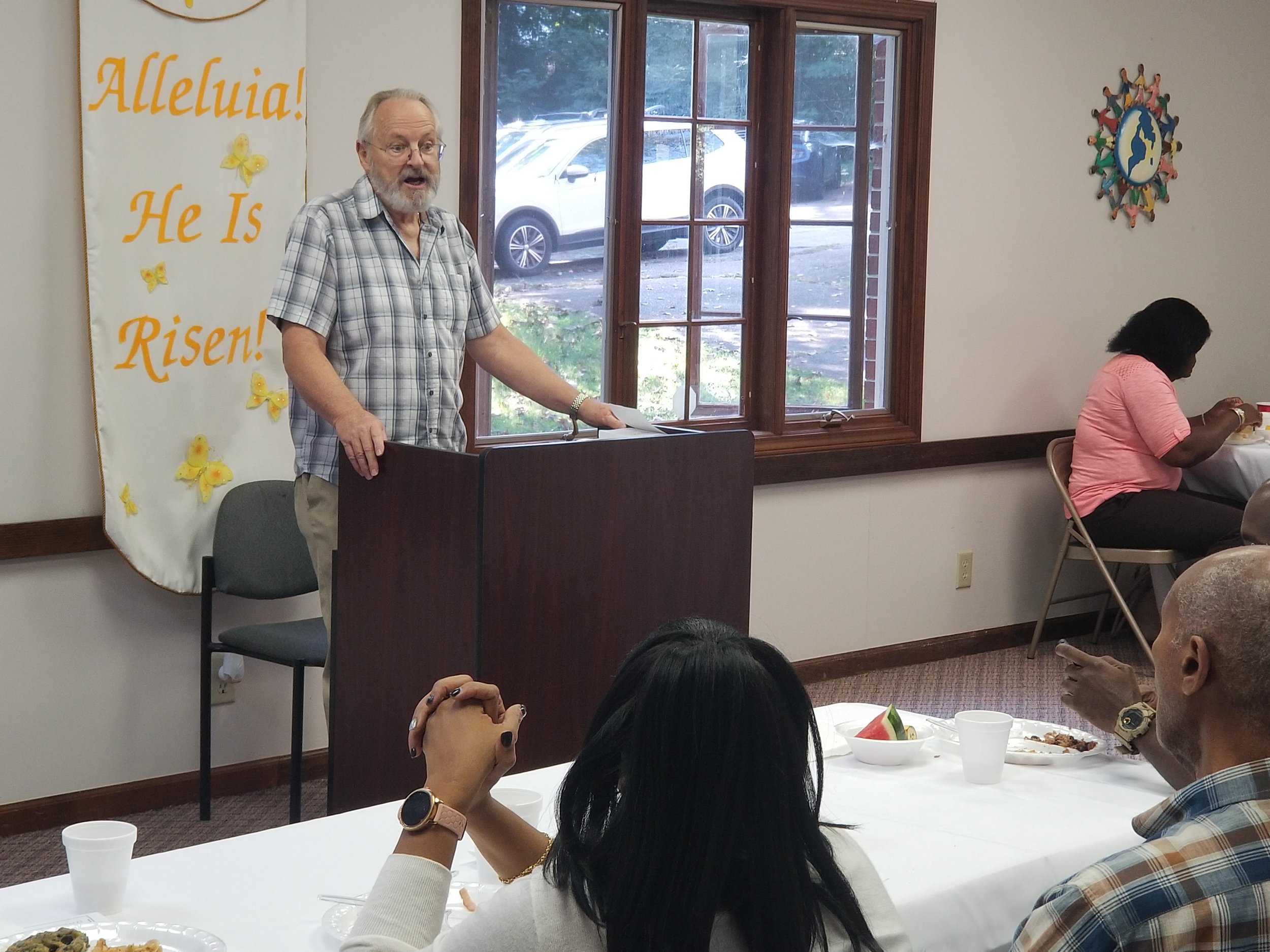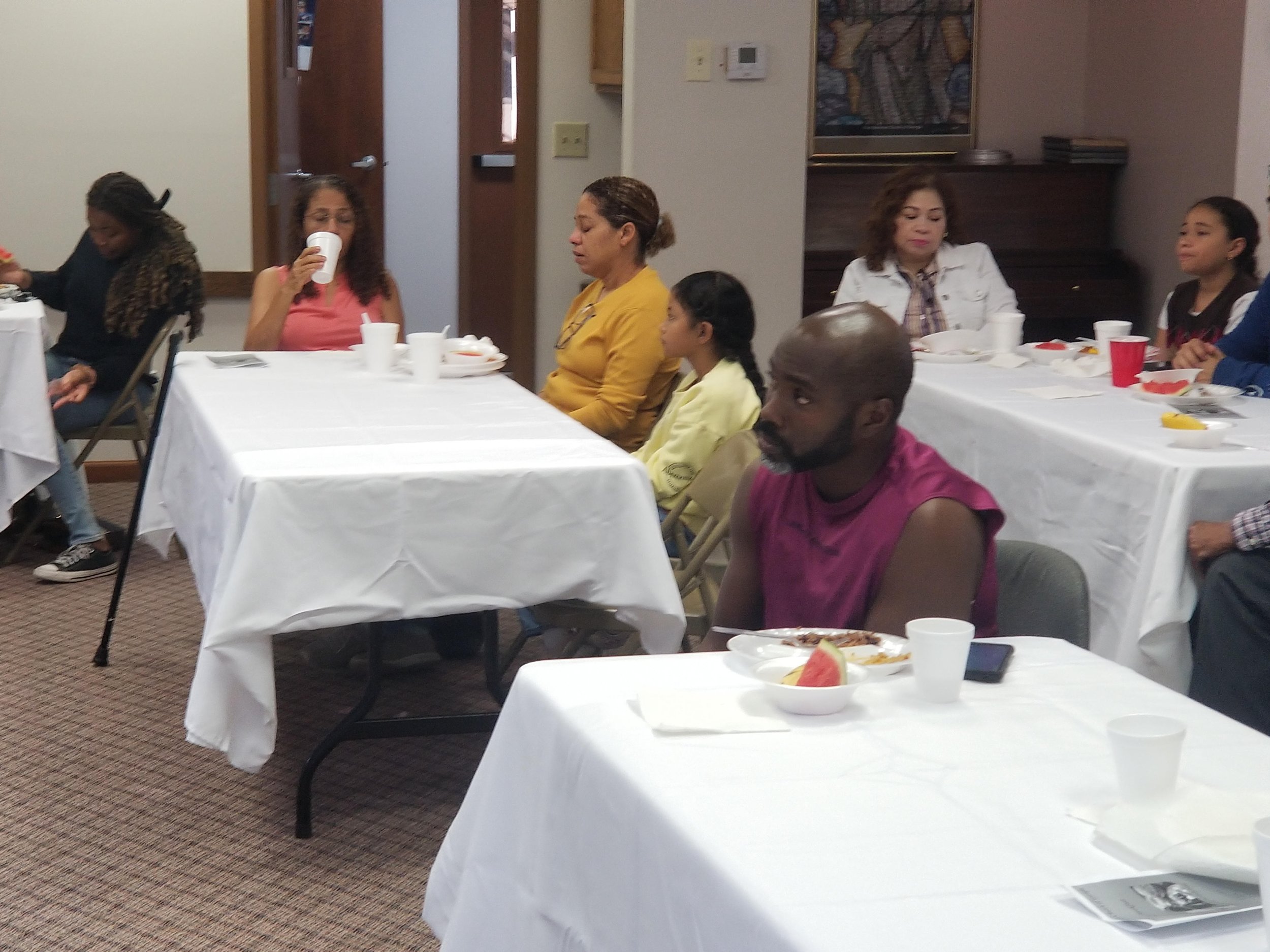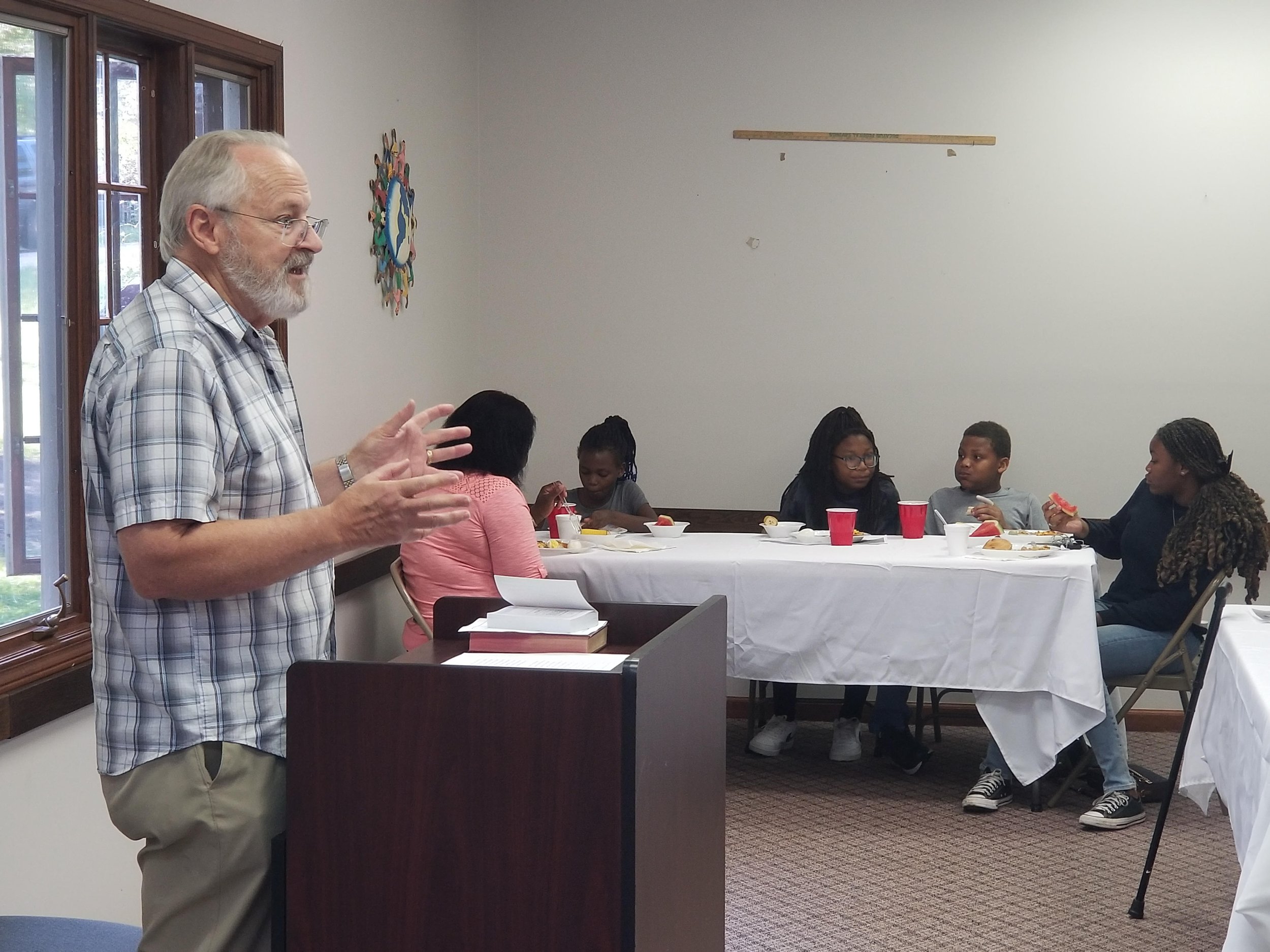Mission Prayer Breakfast
Breakfast Theme:
Our Moravian Treasures
Presented by Jack Vaiden
When we hear of Mission we first of all think of sharing the Good News that Jesus Christ is Lord to those who have not heard and rightfully so but it also entails following our Lord’s example and the Holy Spirit’s leading to meet the needs both to those who have not heard and also to those who already have.
The Board of World Mission is the mission agency of the Northern, Southern and Alaska Provinces of the Worldwide Moravian Church. It is one of several mission agencies throughout the Unity. Each mission agency is assigned to partner with some of the Unity provinces and mission areas called “Partner Provinces.” For us this includes the Independent Provinces of Alaska, Eastern West Indies, Guyana, Honduras, Nicaragua, and Western Tanzania. Mission Provinces include Cuba, Newfoundland and Labrador. Newly assigned mission areas of the Unity are in Peru and Sierra Leone.
Regarding missions we see in our Moravian Ground of the Unity that, “The Unitas Fratrum recognizes the Word of the Cross as the center of Holy Scripture and of all preaching of the Gospel and it sees its primary mission, and its reason for being, to consist in bearing witness to this joyful message” “Our Lord Jesus entered into this world’s misery to bear it and to overcome it. We seek to follow Him in serving His people. Like the love of Jesus, this service knows no bounds. Therefore we pray the Lord ever anew to point out to us the way to reach our neighbors opening our hearts and hand to them in their need.”
We hear our Lord’s commandment, “You shall love the Lord your God with all your heart and with all your soul and with all your mind and you shall love your neighbor as yourself.”
In our Moravian history while attending the coronation of King Christian VI in Denmark Count Zinzendorf met a black servant by the name of Anthony Ulrich who had been a slave in the Danish West Indies. As Moravians in our times we are painfully aware that those perpetuating and benefitting from this inhumane institution claimed to be Christian yet denied slaves from hearing the Gospel of Our Lord’s saving grace or treating them accordingly. Rather they were often found to buy and sell fellow children of God as property and to consign them to hard labor, frequently beating and torturing them, separating them from parents, wives, and husbands, and denying them health and education. Upon hearing Anthony detail the cruelty of the slave trade Zinzendorf invited Anthony to share the suffering of Black Slaves with the congregation in Herrnhut Two young men, Leonhard Dober and Tobias Leupold wrote to Zinzendorf saying they had an inward feeling that God was calling them to go and witness to the Gospel and all that this entails in the Caribbean. After much prayer and deliberation the congregation concurred and Leonhard Dober and David Nitschmann were entrusted with the task.
Zinzendorf emphasized that the power of witness comes from personal faith. Those who proclaim the good news should do so because they had themselves experienced God’s grace. The incentive for the mission is the love of God. We are not to measure others by our own yardstick. The success of all missions is God’s work and we should avoid all forms of coercion or withholding service until a person conforms to one’s cultural or theological understanding. We show our love in our actions and service to others. Moravian missions established schools, offered medical help, tried to improve working and living conditions, and support the interests of others by combining pastoral care with care for the body and concern for social conditions.
Principles for Moravian Mission in the 21st Century include:
Affirming the dignity and worth of every person for every human bears the divine image of God who loves the whole world and has demonstrated this in the life, ministry, death, and resurrection of Jesus.
Overcoming human barriers and becoming ambassadors of reconciliation.
Building trust through transparency, integrity, and honesty as we pray for, support, encourage, and admonish one another.
Being good stewards of our resources to enable full and effective service.
The modern Moravian Church is committed to democratic values and human rights. We encourage the active involvement of our members in the democratic process and acknowledge that there may be different views within the church on particular political issues. In many ways, the Moravian Church is involved in working for social change to improve people’s lives and address problems in society. While it is important to offer aid and assistance to people in need, we also recognize the task to change the conditions that cause these needs in the first place.
Since we affirm the ministry of all believers when any among us see a need we should prayerfully consider how to address it and then present the need and potential steps to meet it before the congregation. For example: when Brenda DeLauder saw the need of the homeless and addicted in Gwinnett County she sought and received the support of the congregation for the Quinn House. When Mary Carol Jolly felt the need for children in poverty to receive the joy of Christmas gifts she sought and received support from the congregation in the Shoe Box ministry. When Val Watson saw the need for protection from cold winter nights she did likewise with the Blanket Ministry. And so also was the starting of our participation in the NET Food Pantry and back-to-school backpacks for children in need.
Let us, therefore, open our eyes and ears to needs in our communities and continue to be in mission to meet them.
